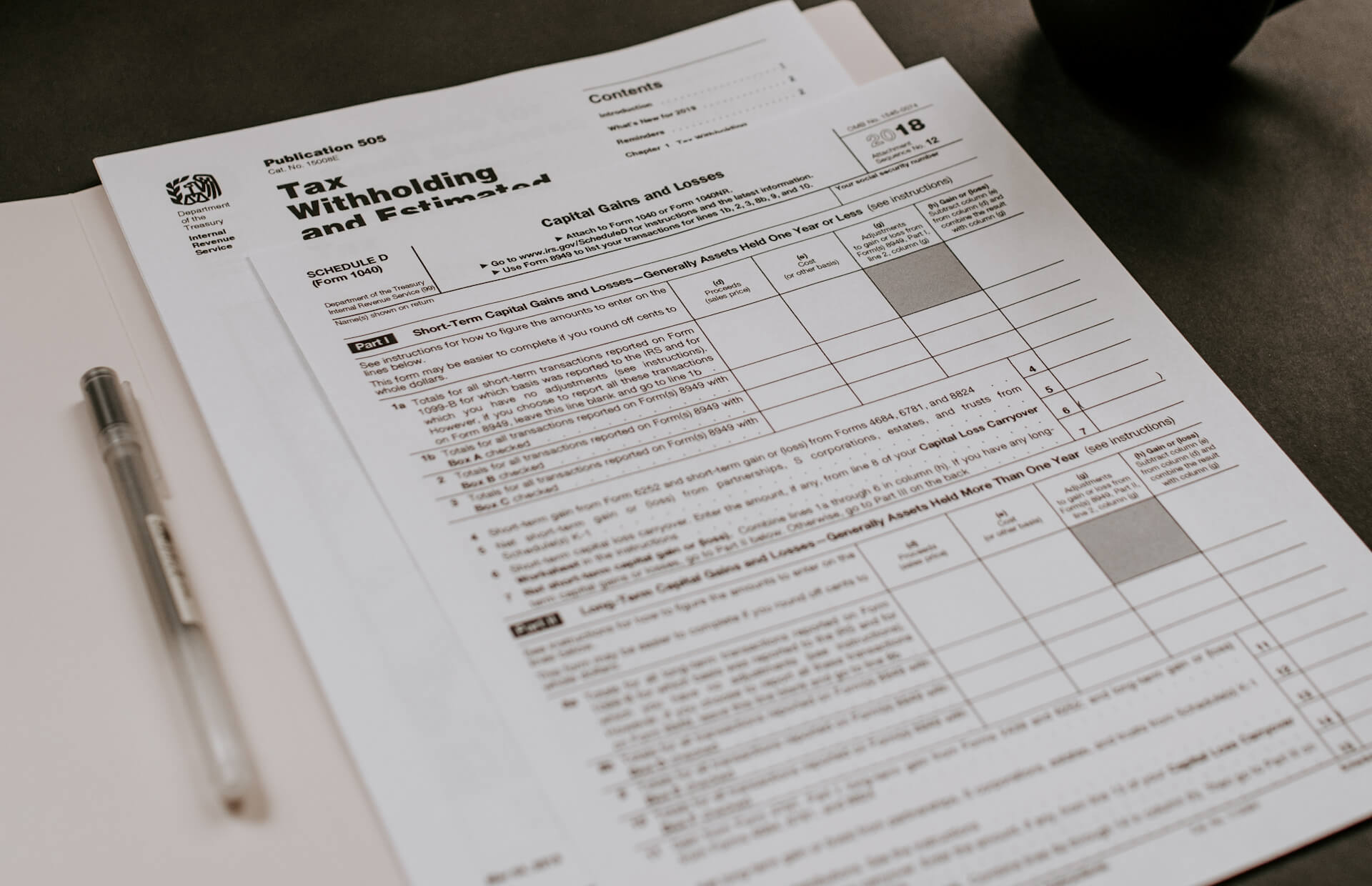Legal Translation
This is undoubtedly the most complex area of translation requiring total precision and accuracy.
Legal translation covers any text that is related to law and requires a much greater understanding of the legal system and technical terms in both the source and target languages.
Documents requiring legal translation include wills, contracts, agreements, etc. but may also include text relating to legal systems and laws.
Literal translation does not usually convey exactly the various meanings, precedents and nuances of the documents and it is therefore essential that the appointed translator has substantial legal experience and expertise.
Although many different countries use common languages, the legal systems are often quite different. Even within the same country, different regions may have different laws or common practises. This, for instance, could be Common law, Islamic law, Tribal law or Anglo-American law all practised in the same country.
Some text to be translated may not have an equivalent convention in the target language, often due to cultural differences. In these cases, the translator must defer to translation theory and refer to specialised bilingual law dictionaries. However, the quality and accuracy of some dictionaries are below standard. For this reason it is important that the translator is both a native of the target country and, where necessary, the target region with local experienced lawyers checking the accuracy of both the meaning and impact of the translation.
Judicial Translation
Although related to legal translation, judicial translation covers Court documents which form part of a judicial proceeding. This could include such common documents as birth, death and marriage certificates to the more complex translation of lawsuits, sentences, witness statements affidavits and other documents to support litigation.
Whilst not usually as complicated to translate as legal texts, the accuracy and context of translation is vital as jurisdiction in a Court of Law is based in whole or in part on the documents presented. Any mistake in translation could therefore affect the judgement outcome.
As with legal translation, the translator must be native to the target country and have good experience in local law, judicial documentation and customs.
Local lawyers are also employed, where required, to peer review the translation.
Get in touch
For more information about legal translation services, speak to one of our advisors:
Contact Us











